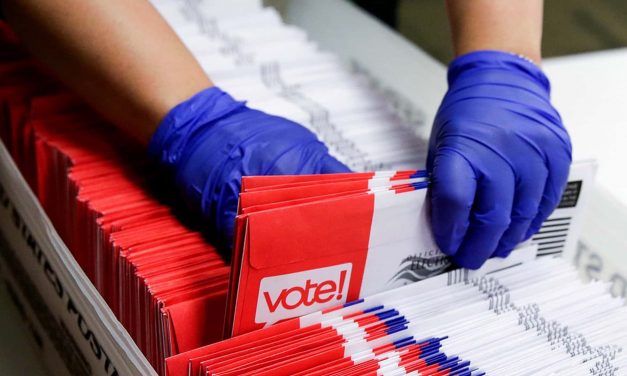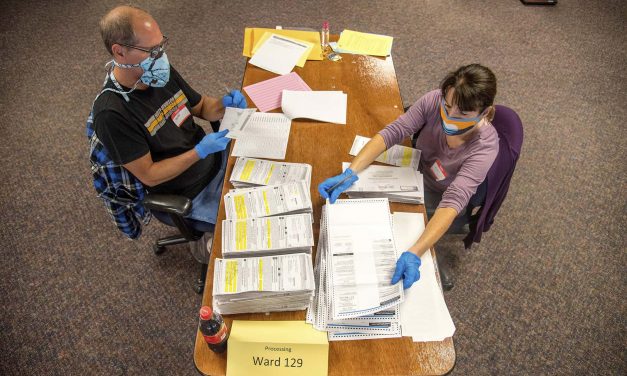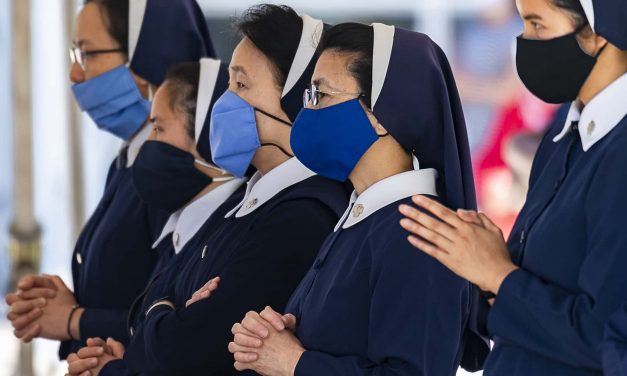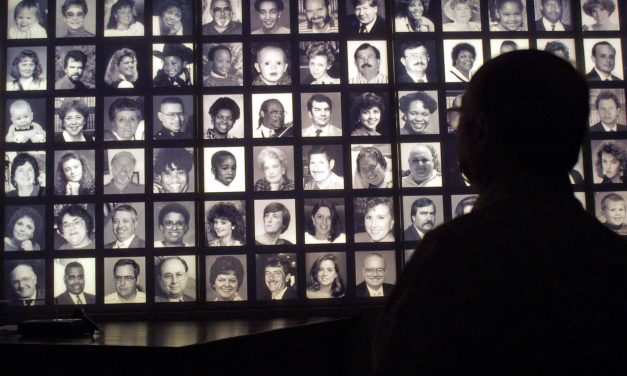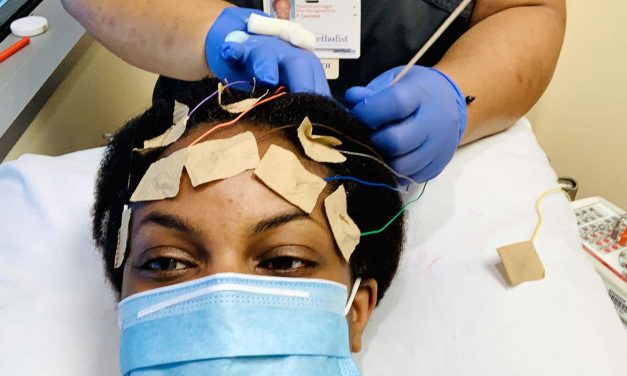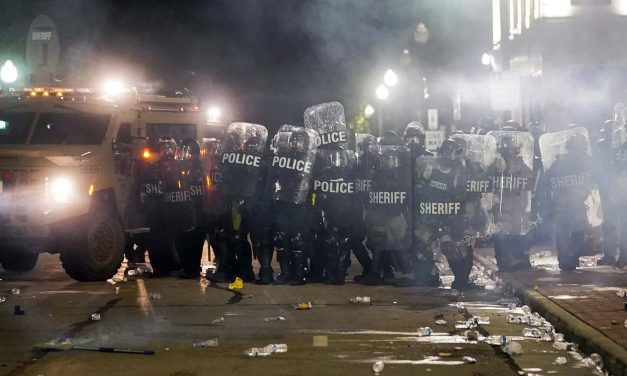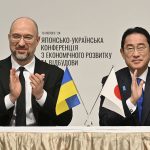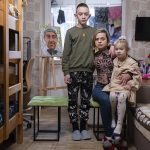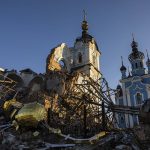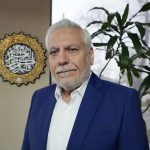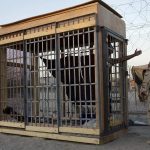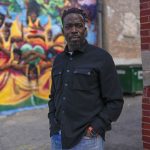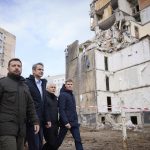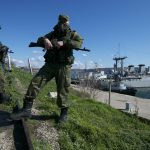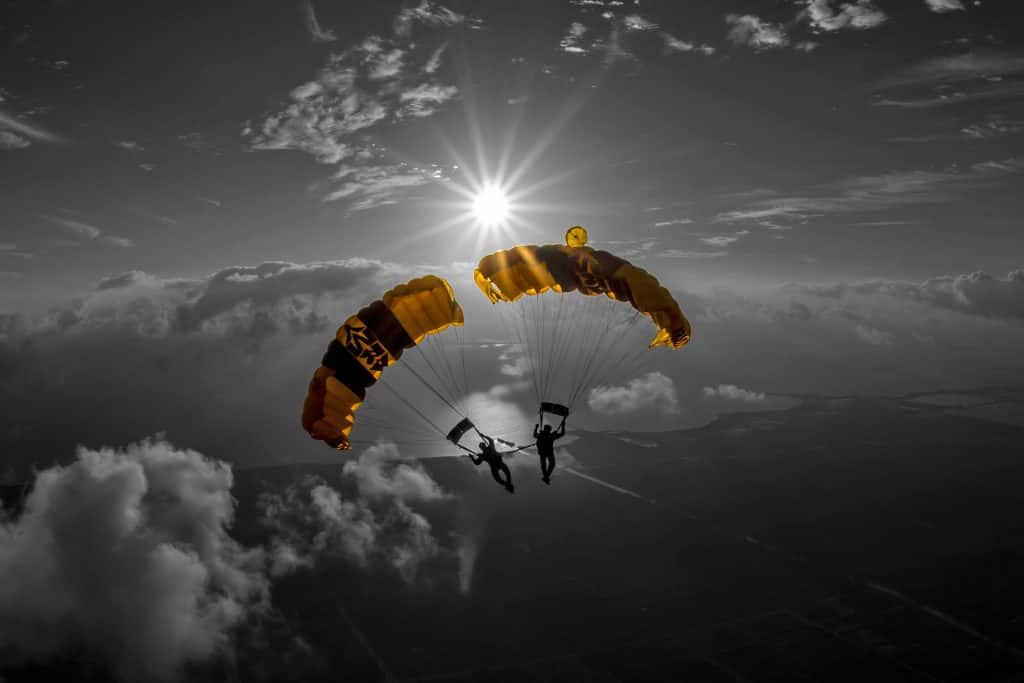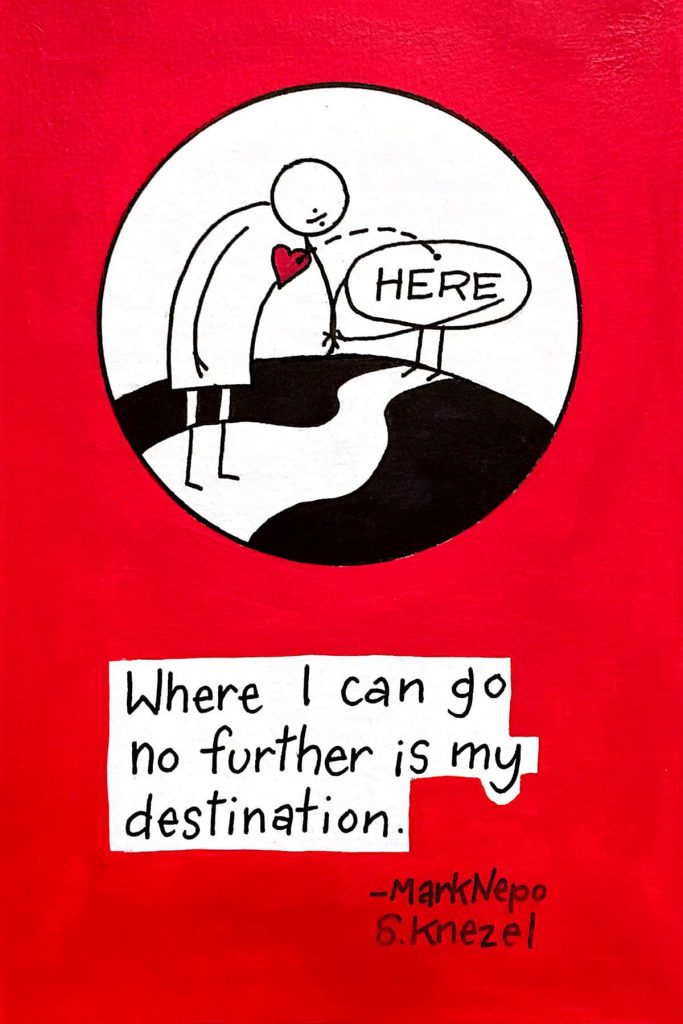The many benefits of voting by mail are still subject to numerous logistical difficulties
By Luke Perry, Professor of Government, Utica College More than 8 in 10 Americans – all voters in 43 states – will be able to vote by mail in the 2020 presidential election, the most ever. And more than 1 in 3 voters plan to actually do so. Voting by mail can help citizens limit their exposure to the coronavirus pandemic, while still exercising their key right to vote in a democracy. Mail-in voting requires more steps than voting in person, and it happens in people’s homes, rather than at a polling place with trained help nearby. So it...
Read More
